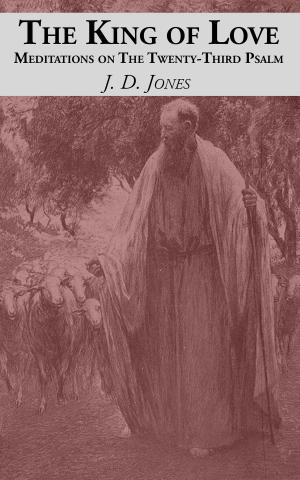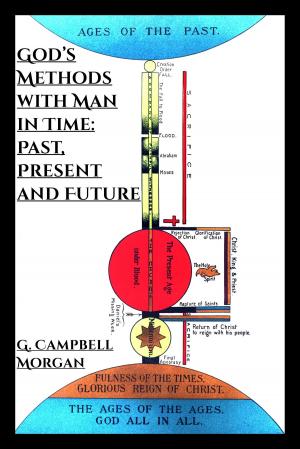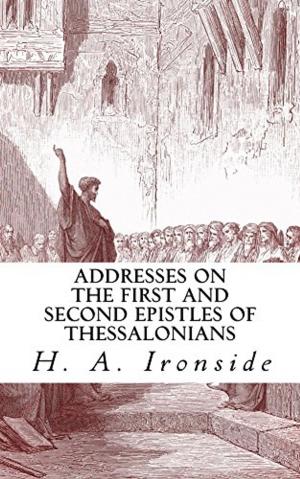Immortality and the Modern Mind
Nonfiction, Religion & Spirituality, Christianity, Christian Literature| Author: | Kirsopp Lake | ISBN: | 1230001931242 |
| Publisher: | CrossReach Publications | Publication: | September 24, 2017 |
| Imprint: | Language: | English |
| Author: | Kirsopp Lake |
| ISBN: | 1230001931242 |
| Publisher: | CrossReach Publications |
| Publication: | September 24, 2017 |
| Imprint: | |
| Language: | English |
Had the Ingersoll Lecture on Immortality been in existence in the eighteenth century there would probably have been, in the New England world which found its centre in Harvard College, but few to question the importance of the subject or to doubt the right approach to it. Men of true piety and sound learning unhesitatingly held that the authoritative revelation of Scripture justified the expectation that after death they would retain or recover all the characteristics of their individual lives. But by the end of the nineteenth century when the Lecture was founded a rapid change had set in. Men were no longer convinced that the writers of Scripture knew more about a future life than they did themselves. Historical criticism began to suggest that writers who were far from infallible in their descriptions of the past were not wholly to be trusted in their prognostications of the future. The change, however, was made quietly. When confronted with the problem in the pulpit or in the lecture-room speakers passed bravely but silently on.
Meanwhile the Society for Psychical Research began to study the matter from the point of view of objective evidence for the survival of life after death. One of the by-products, as it were, of their activities was a questionnaire sent out in the closing years of the nineteenth century by Dr. Richard Hodgson and the American branch of the Society. This questionnaire was an attempt to collect information as to the general attitude of educated persons towards belief in Immortality. The answers were extremely interesting and are discussed at length by Dr. F. C. S. Schiller in a paper read to the general meeting of the Society on November 14, 1902, forming part 49, pp. 416–453 of the Proceedings of the Society.
Had the Ingersoll Lecture on Immortality been in existence in the eighteenth century there would probably have been, in the New England world which found its centre in Harvard College, but few to question the importance of the subject or to doubt the right approach to it. Men of true piety and sound learning unhesitatingly held that the authoritative revelation of Scripture justified the expectation that after death they would retain or recover all the characteristics of their individual lives. But by the end of the nineteenth century when the Lecture was founded a rapid change had set in. Men were no longer convinced that the writers of Scripture knew more about a future life than they did themselves. Historical criticism began to suggest that writers who were far from infallible in their descriptions of the past were not wholly to be trusted in their prognostications of the future. The change, however, was made quietly. When confronted with the problem in the pulpit or in the lecture-room speakers passed bravely but silently on.
Meanwhile the Society for Psychical Research began to study the matter from the point of view of objective evidence for the survival of life after death. One of the by-products, as it were, of their activities was a questionnaire sent out in the closing years of the nineteenth century by Dr. Richard Hodgson and the American branch of the Society. This questionnaire was an attempt to collect information as to the general attitude of educated persons towards belief in Immortality. The answers were extremely interesting and are discussed at length by Dr. F. C. S. Schiller in a paper read to the general meeting of the Society on November 14, 1902, forming part 49, pp. 416–453 of the Proceedings of the Society.















